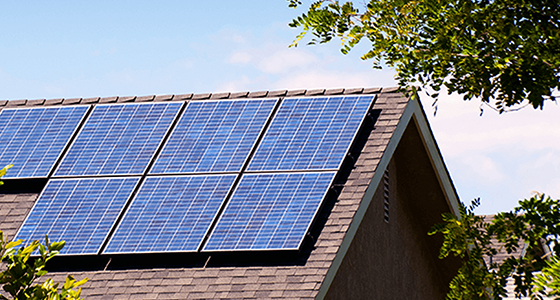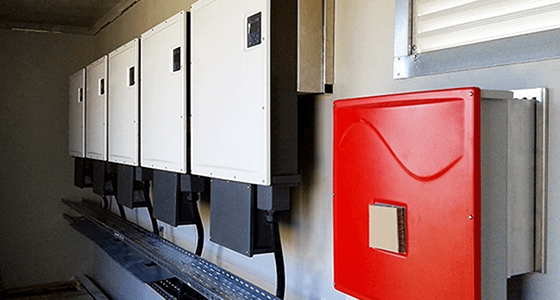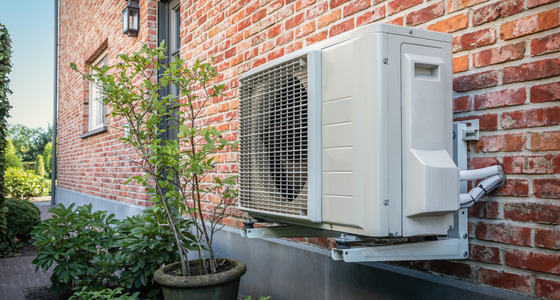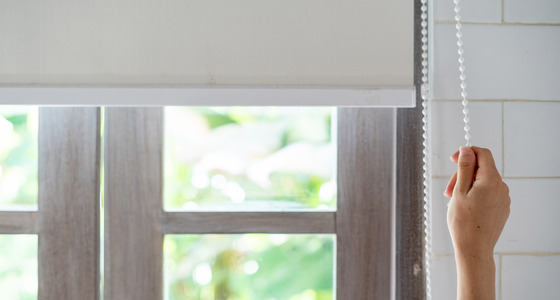Power your home with energy from the sun
Lower your electricity bills, be more energy independent, and generate renewable electricity with a solar photovoltaic (PV) system using solar panels.
If you're thinking about installing solar panels to power your home, we have information to help you decide.
On this page:
Benefits
Here are a few of the benefits to installing solar in B.C.:
1. Lower BC Hydro bills
By generating some of your own electricity with solar panels and participating in our self-generation program, you'll reduce your electricity bills by reducing the amount of electricity you need to buy from us.
2. Energy self-sufficiency and flexibility
Installing your own solar panel system gives you more energy independence. Generate your own electricity to power your home, but with the flexibility to rely on our grid if needed. Plus, you can easily monitor your home’s energy production.
3. Potentially increase the value of your home
A private energy generation system is an attractive selling feature for home buyers looking for innovation, energy independence, and long-term savings. As long as it’s functional, efficient, and well designed, you have the opportunity to sell for higher than homes without it.
4. It's environmentally conscious
Solar power is a renewable energy source and an environmentally conscious way to have private generation. In B.C., adding solar panels to your home doesn’t necessarily reduce your carbon footprint because the vast majority of power we generate is renewable hydroelectricity. But if you’re using solar power and battery storage to displace backup diesel generation during a power outage, you’re making a sustainable choice.
Costs
The cost of installing a solar PV system for electricity generation has dropped dramatically in recent years. The total solar project cost including material and labour typically ranges from $2,000 and $3,000 per kilowatt (kW) direct current (DC) installed, at an average of $2,500 per kW DC. A 10 kW residential system will typically cost between $20,000 to $30,000.
Larger systems can benefit from economies of scale, decreasing the cost per watt.
A few factors which could increase project costs include remote locations, roof repair work or electrical upgrades needed to support the installation, or solar panels with advanced features.
Available rebates
As of July 23, 2024 residential customers can qualify for up to $5,000 in rebates for installing eligible solar panels and up to an additional $5,000 for eligible battery storage systems. You can get rebates for solar panels with or without a battery storage system, as long as you connect to our grid through our self-generation program.
Watch: Solar, self-generation and the rebate process



